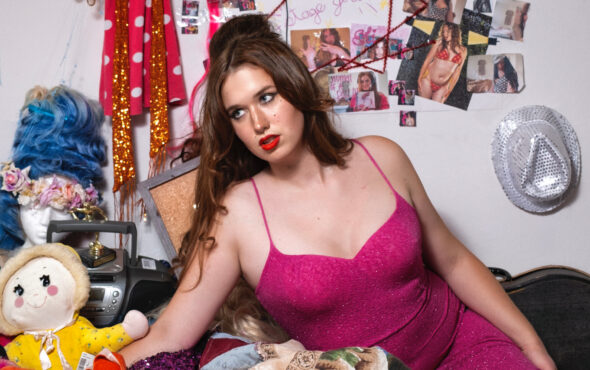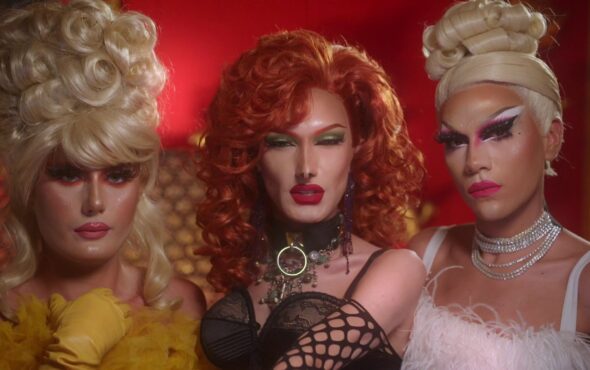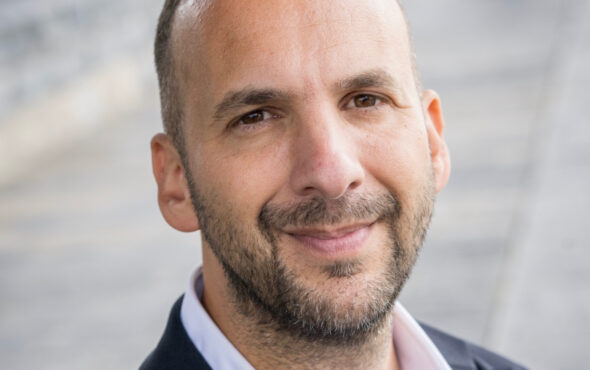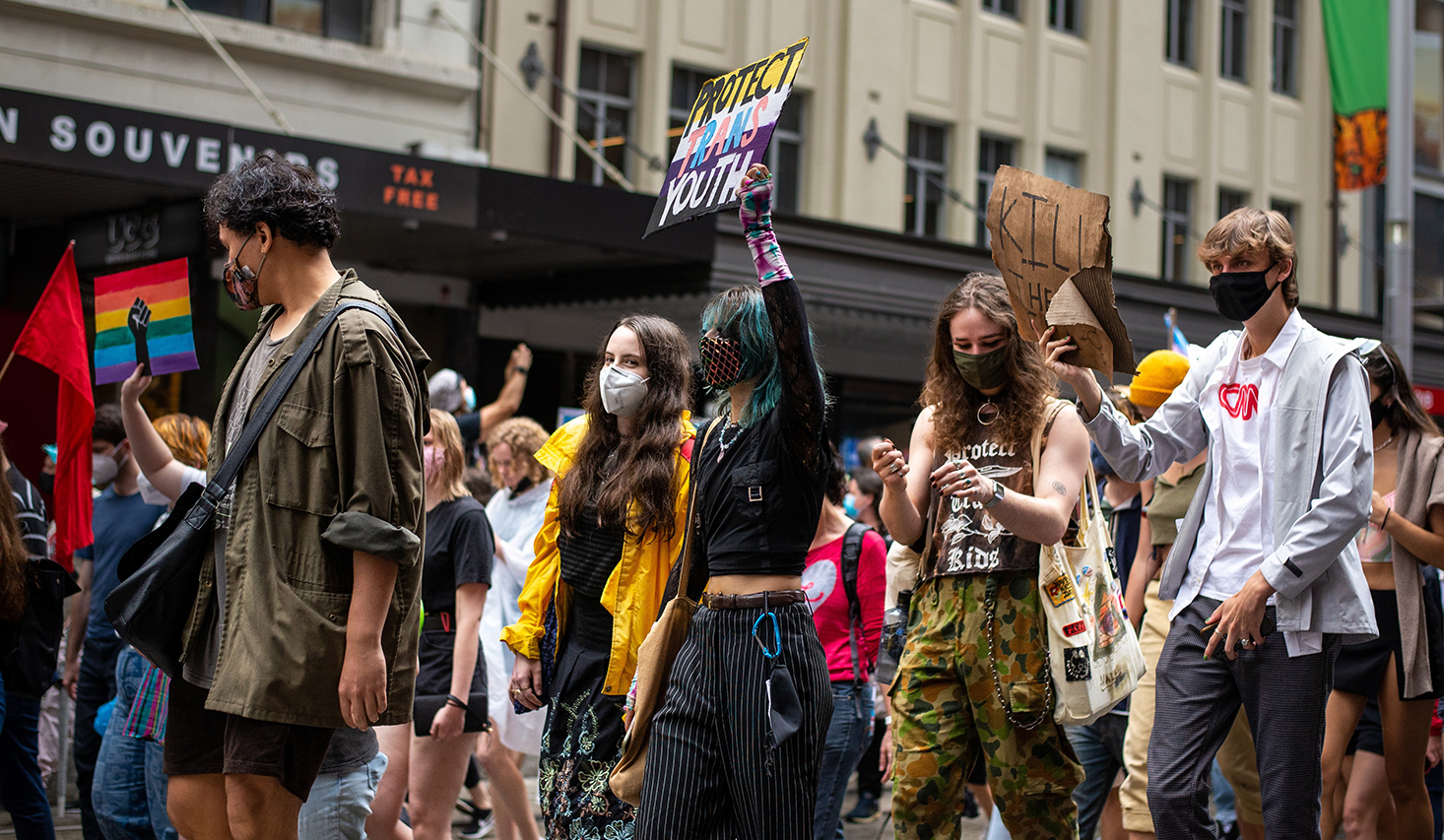
I was 14 when something suddenly clicked. This mysterious word ‘bisexual’ I’d never given much thought suddenly made a lot of sense.
Growing up in a small countryside town, which tended to keep these sorts of discussions under wraps, meant I hadn’t even considered myself anything other than ‘straight’. I had heard the words ‘gay’ and ‘lesbian’ (mostly derogatively) and my attraction to boys threw me off the scent of considering anything else.
When I finally considered ‘attraction to multiple genders’ as something I did experience, it was ground-breaking. I think I would have paid more attention to the fluidity of my attraction much sooner if I had known that I didn’t just need to choose between ‘straight’ and ‘gay’.
The label ‘bisexual’ opened my eyes to the fact that all attraction is fluid and ever shifting, which I related to very strongly. It gave me the language to talk about my feelings, and I felt proud to label myself ‘bisexual’.
Over time, however, I noticed negative patterns and stereotypes in the way bisexuality was talked about, especially in the media. It seemed that bisexuality is often less accepted and respected as an identity – than ‘gay’ or ‘straight’ for example – or simply not shown at all in films, on TV, or in public discussion.
That’s why I think it took much longer for me, and I am sure many others, to realise that there are wider experiences then gay and straight. Because of its expression of fluidity, bisexuality is often considered or presented as a confusion, greed, or a mid-way point to ‘gay’.
As a young person coming out as bisexual, so new to this information and with very little surrounding support, it was very easy for these misconceptions to sneak into the back of my mind and unhinge my newfound confidence. Subconsciously, I began to feel resentment towards the label which had provided me so much relief and freedom.
I started fumbling for other options, wondering if there were other ways to express myself without the burden of negativity and constant struggle of protecting my identity. I found the label ‘pansexual’ which means ‘an attraction to people regardless of gender’, which also suited me well, if not better. However, this label never really stuck; I think a small part of me felt protective of my original ‘bisexual’ label.
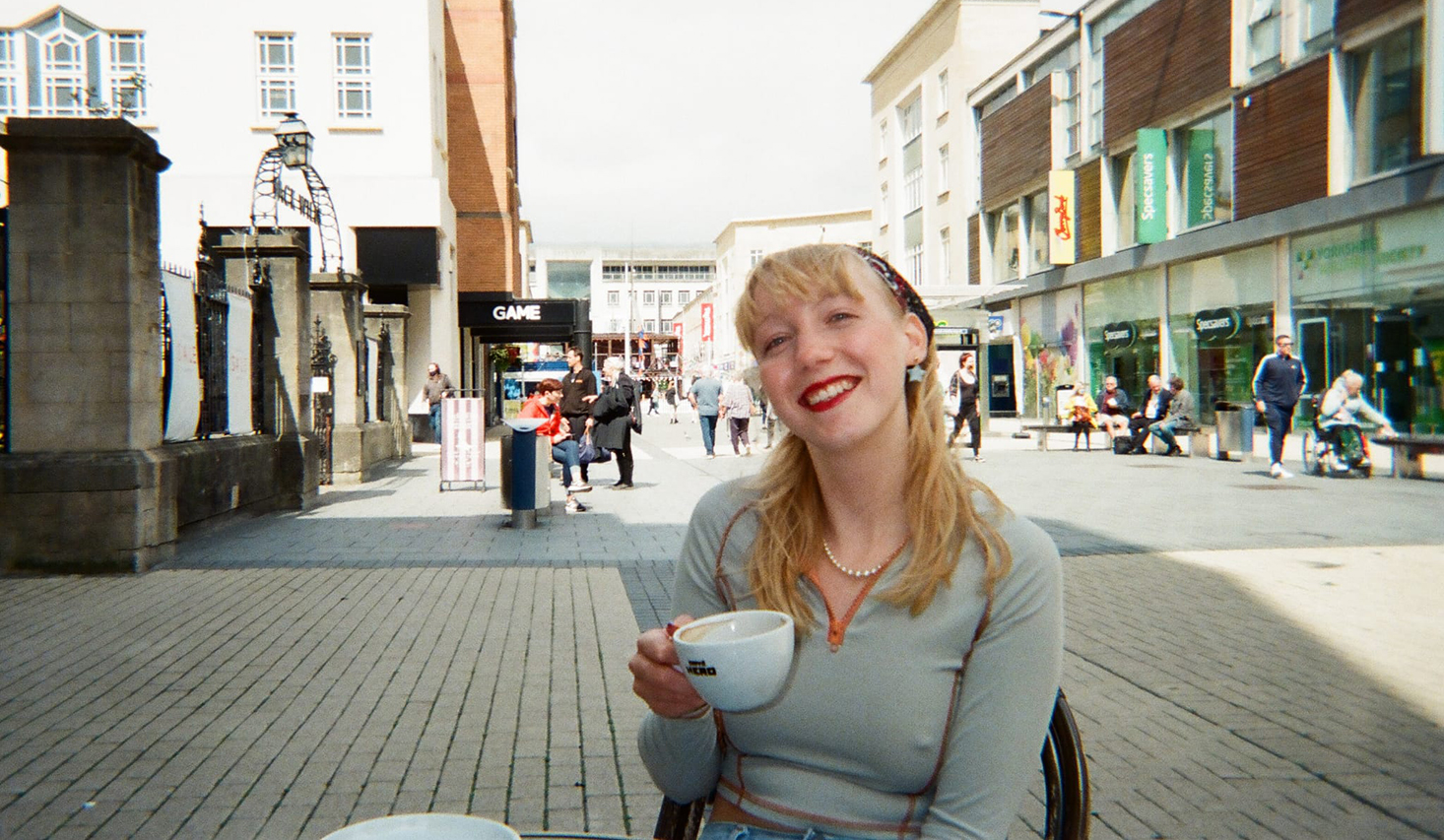
I also began to feel a general exhaustion and tediousness about labels. I didn’t have the energy to stress over the choice between ‘bisexual’ and ‘pansexual’. In my eyes there was so much overlap between just these two labels, as well as variation in experience between people using the same label that there was almost no point in a label at all.
As a way of escaping this overthinking, I wanted to drop labels all together. However, I quickly found that this wasn’t entirely practical. I wanted to talk freely about my sexuality and discuss it with others, but rejecting labels meant that I no longer had an easy way of explaining myself to them, especially those with limited knowledge. I still felt akin to ‘bisexual’, but I felt that it didn’t express my identity entirely since having my eyes opened to such a range of other labels and the misconceptions that came with identifying as bi. This only landed me back into the same old spiral.
After a while, I considered the newly reclaimed label ‘queer’ which has a history of being used negatively to attack LGBT+ people. I felt that it was an ambiguous label allowing and even suggesting variation from person to person, simply suggesting something other than ‘heterosexual’. I felt that this was very aligned with how I experienced my attraction.
These days, I am much more at peace with the idea of labels. And I realise I wouldn’t have got here without antagonising over different words and some perspective first. The options can feel overwhelming, especially when paired with such a fluid and changing thing such as attraction.
But now I see labels not as boxes that we need to fold ourselves into but instead as something that is meant to serve us. Labels are there to give us the words when we don’t have any, and to help others understand us too.
A friend – and fellow Just Like Us ambassador – once gave me some great advice. Labels are like post-it notes that we can put on and take off as many times as we like.
They’re a very useful tool when finding oneself and discussing how we feel, but they should never be stigmatised and used against us.
So this Bisexual Visibility Day, wear your bi label loud and proud if you wish but most importantly, don’t feel any pressure to rush into or be confined by a label – it’s just a post-it note, after all.
Katherine volunteers with Just Like Us, the LGBT+ young people’s charity. They need more LGBT+ volunteers aged 18-25 to speak in schools – sign up now to get involved.
